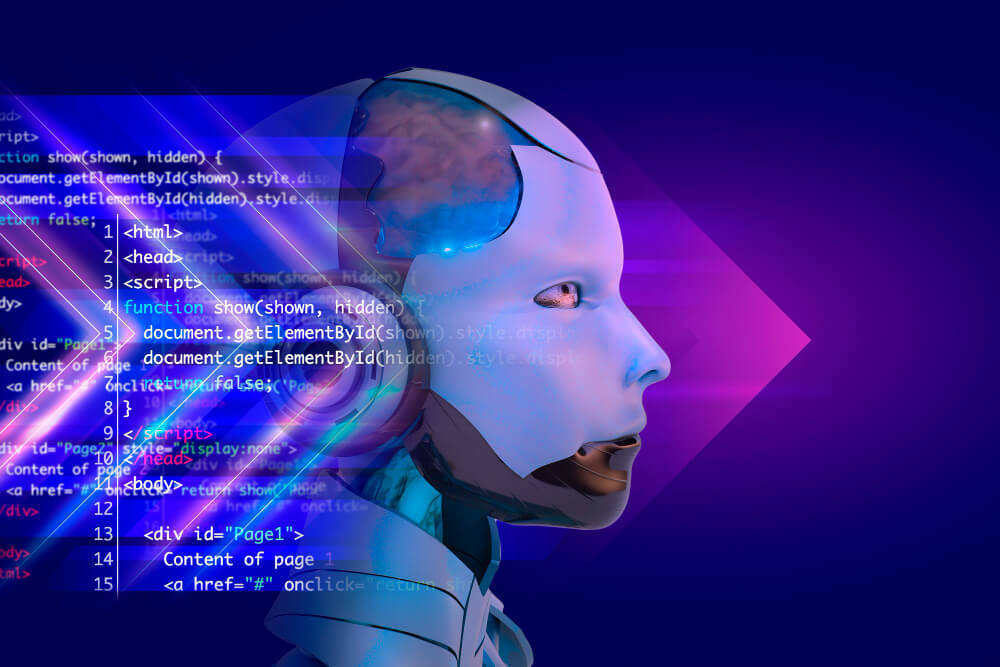Hey there! As tech advances, so does the potential for using artificial intelligence (AI) in software development. AI can help automate processes, make predictions, and improve decision-making, making it a valuable tool for developers. In this article, we're gonna dive into how Gambians can make the most out of AI in software development, including its basics, benefits, and challenges.
So, what exactly is Artificial Intelligence? AI is the development of computer systems that can perform tasks that usually require human intelligence, such as learning, reasoning, and perception. These systems use algorithms and statistical models to analyze data, identify patterns, and make decisions. AI is divided into two categories: narrow or weak AI and general or strong AI. Narrow AI is designed to perform a specific task, while general AI can perform any intellectual task that a human can.
Now, how does AI impact software development? AI has totally revolutionized software development, from testing to deployment. Developers can use AI to automate repetitive tasks, detect bugs, and improve the accuracy of predictions. This leads to faster and more efficient development cycles, as well as better software quality.
And what are the benefits of AI in software development for Gambians? Well, there are plenty of ways people in this country can benefit from AI in software development. For instance, AI can help increase efficiency by automating time-consuming tasks, leaving developers to focus on more complex tasks. AI can also help detect bugs and errors in the code, leading to more accurate software. Plus, it can provide insights and recommendations that help developers make better decisions, leading to an enhanced user experience.
But hold up, there are challenges to AI adoption in software development too. Some of these challenges include poor data quality or biased data leading to inaccurate results, a lack of specialized skills in Gambian tech talent, and the cost of implementing AI, requiring significant investment in hardware, software, and personnel. Not to mention the ethical concerns raised by AI, such as potential bias, privacy violations, and job displacement.
So, how can Gambians integrate AI into software development successfully? Here are some strategies:
Identify Use Cases: Identify use cases where AI can provide the most significant benefits, such as automating repetitive tasks or detecting bugs.
Develop Skills: Invest in developing the skills necessary to implement and maintain AI systems, such as data science, machine learning, and natural language processing.
Establish Data Quality: Ensure data quality by collecting and managing high-quality data that is free from bias.
Prioritize Ethics: Prioritize ethical considerations when developing and implementing AI systems, such as ensuring privacy and fairness.
Start Small: Start with small AI projects to gain experience and build momentum before scaling up to more significant projects.
In conclusion, AI has the potential to revolutionize software development in Gambian tech industry. By leveraging AI, Gambians can automate repetitive tasks, improve accuracy, enhance decision-making, and provide a better user experience. However, to successfully integrate AI in software development, Gambians need to address the challenges of data quality, skills gap, cost, and ethical concerns. With proper planning, strategy, and implementation, Gambians can harness the power of AI to drive innovation and growth in software development. So let's get to it!
 March 17, 2023 - BY Admin
March 17, 2023 - BY Admin